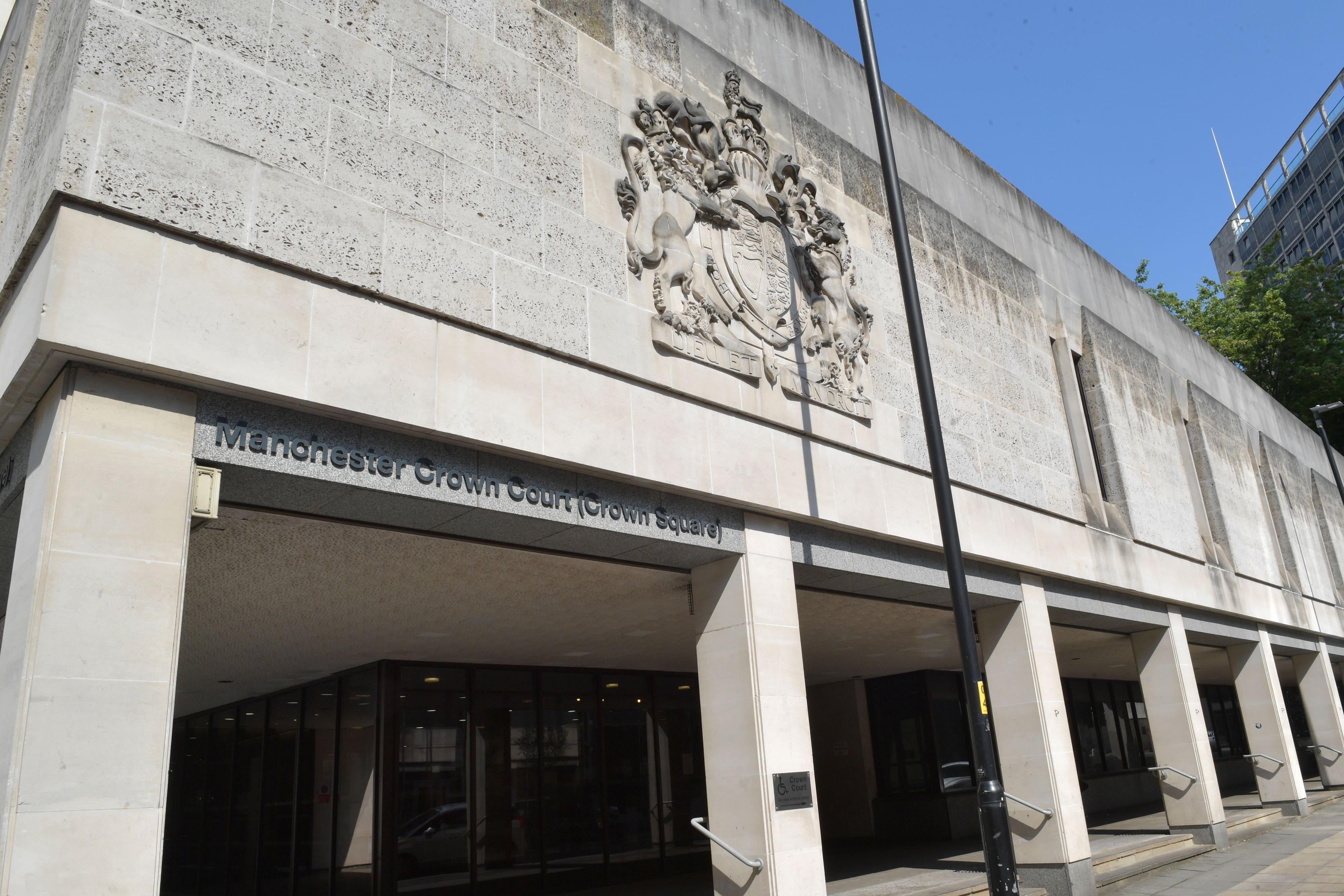Offenders should be ‘persuaded, not dragged into court’ – murder victim’s family
Farah Naz welcomed plans to allow judges to order offenders to attend sentencing but thinks they should not be physically forced.

The aunt of murdered lawyer Zara Aleena has welcomed powers allowing judges to force offenders to attend sentencing hearings but said they should not be dragged into court.
Farah Naz was among campaigners and relatives of murder victims, including the mother of nine-year-old Olivia Pratt-Korbel and the sister of Sabina Nessa, who hailed the Government’s promise of new legislation.
Sex attacker Jordan McSweeney – who murdered law graduate Ms Aleena, 35, as she walked home in Ilford, east London, and was jailed for life with a minimum term of 38 years – was among a string of killers in recent years who have refused to attend court as their punishment is handed down.
The promised reforms – which came in the wake of child murderer Lucy Letby refusing to attend her sentencing earlier this month – will give custody officers the power to use “reasonable force” to ensure those awaiting sentencing appear in the dock or by video-link.
Those convicted could also face an extra two years in jail if they ignore a judge’s order and continue to refuse to attend court, with such penalties applying in cases where the maximum sentence is life imprisonment.
Ms Naz told BBC Breakfast: “I welcome the change, my family welcomes the change … in certain circumstances, perhaps the offenders shouldn’t be forced.
“I think we should be looking at compelling offenders, and we should be looking at persuading offenders, but I don’t think we should be dragging them in kicking into the courtroom …
“I am also concerned if people are forced into the courtroom, it’s hard for those prison officers, they are not paid enough to drag people in there, it’s hard if they’re disruptive, if the person is disruptive.”
Policing minister Chris Philp said “operational details” about how the measures would work in practice still needed to be finalised, telling the programme: “There are obviously practical questions that need to be worked through.”
Speaking to the Mirror, Sabina Nessa’s sister Jebina Islam, 31, said she was “delighted” by the proposed change.
Ms Nessa was murdered in 2021 by Koci Selamaj as she walked through a park in south-east London. He refused to appear in court for his sentence of life in prison.
“It’s about time,” Ms Islam said. “We’ve seen from my sister’s case that there has been a pattern that these animals are not coming to court and now we have put a stop to this.
“I hope this will bring some sort of comfort to victims and their families that these animals will be made to come to court whether they like it or not.”
Cheryl Korbel – who has been among those campaigning for a change in the law after Thomas Cashman, who shot Olivia after chasing a fellow drug dealer into her home in Dovecot, Liverpool, refused to come up to the dock when he was sentenced to a minimum of 42 years – told ITV she hoped her daughter was “proud of what we’ve done”.
Labour said the Conservatives had “dragged their feet” on the issue, accusing ministers of promising to act on four separate occasions over the last 18 months.
Meanwhile, the father of a murdered police officer warned against a “knee-jerk, headline-grabbing” response.
Former prison officer Bryn Hughes’ daughter Pc Nicola Hughes was killed in 2012 alongside fellow Pc Fiona Bone in a gun and grenade ambush while on duty in Tameside, Greater Manchester.
“I have seen it from both sides of the courtroom. On being the father of someone who was murdered and being in court, and a former prison officer who has actually restrained someone into court, it is difficult,” he told the PA news agency.
He said he had seen the behaviour of prisoners forced into courtrooms: “Foul abuse towards the family, abused the court, turned their back, kicked off, fought, spat, bitten people.”
Mr Hughes warned it was often very difficult to force people up the often narrow steps from the cells into courtrooms.
Meanwhile, the general secretary of the Prison Officers Association (POA), Steve Gillan, told PA there is actually no need for legislation as the powers “are already there”.
He said: “Both political parties are trying to outdo each other on who can be tough on crime, because there’s no need for legislation actually, and the reason there’s no need for legislation is because the courts have got the power to tell a governor that he wants a prisoner produced in his court.”
Prime Minister Rishi Sunak said: “It is unacceptable that some of the country’s most horrendous criminals have refused to face their victims in court. They cannot and should not be allowed to take the coward’s way out.”
Bookmark popover
Removed from bookmarks